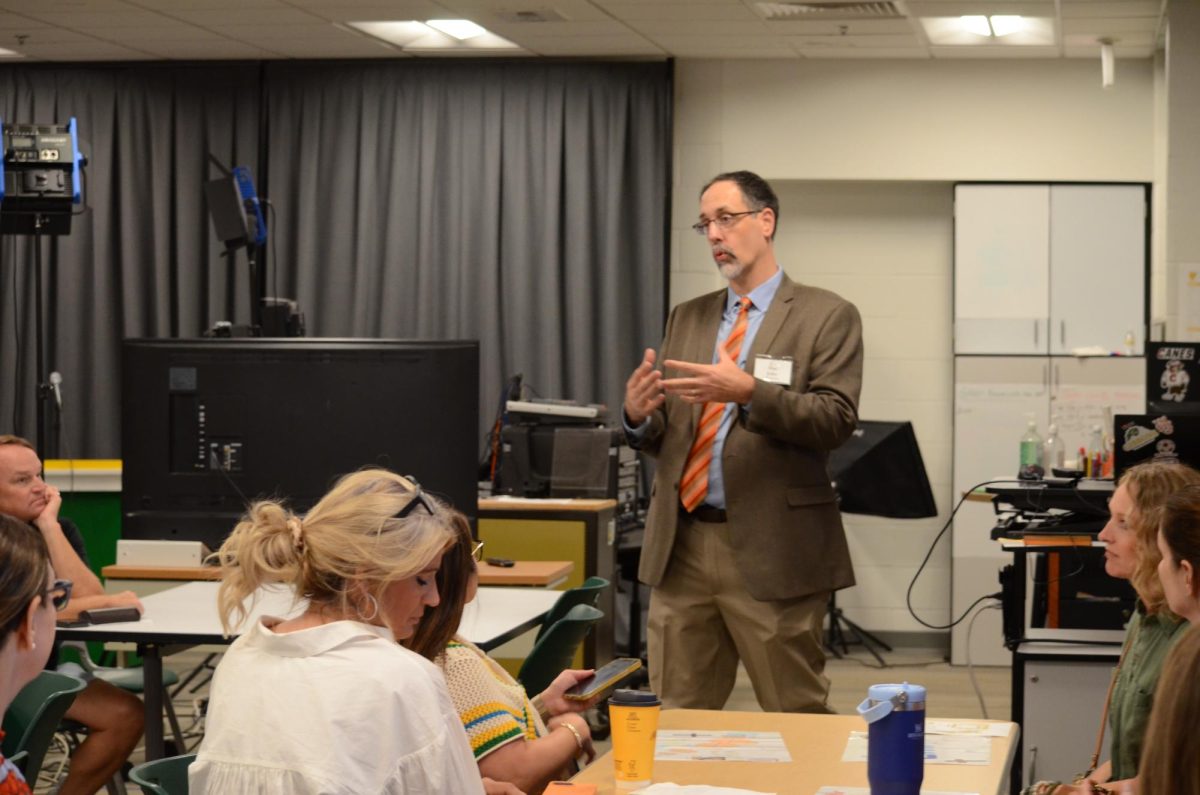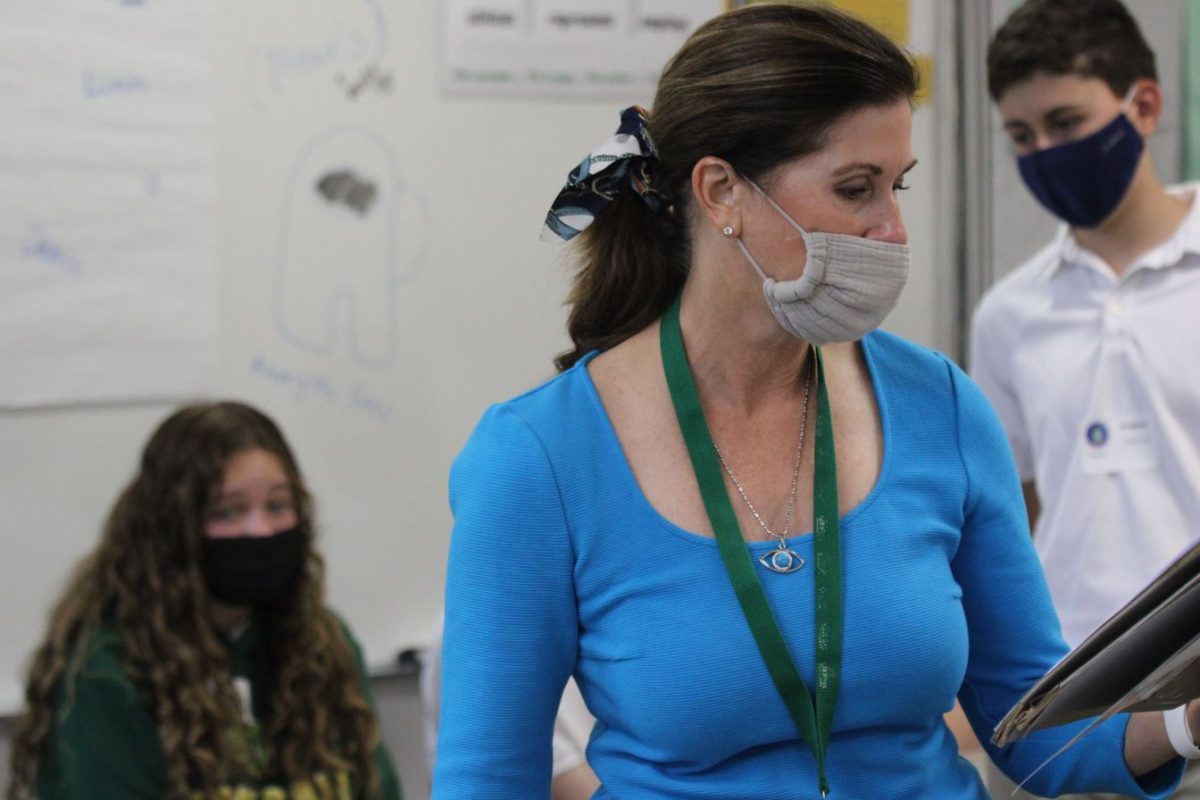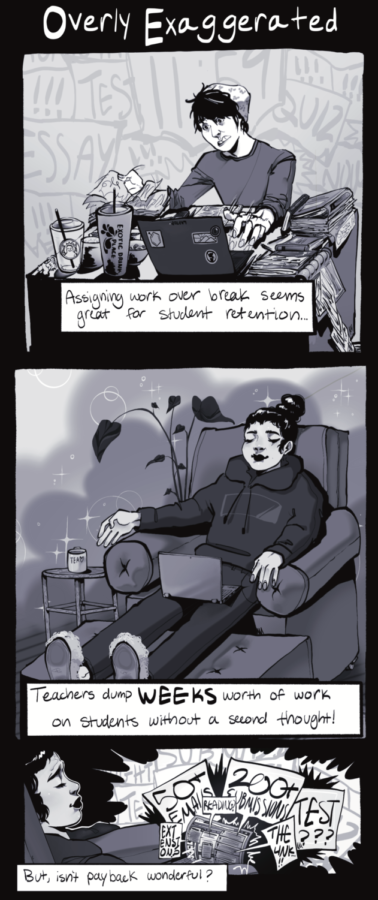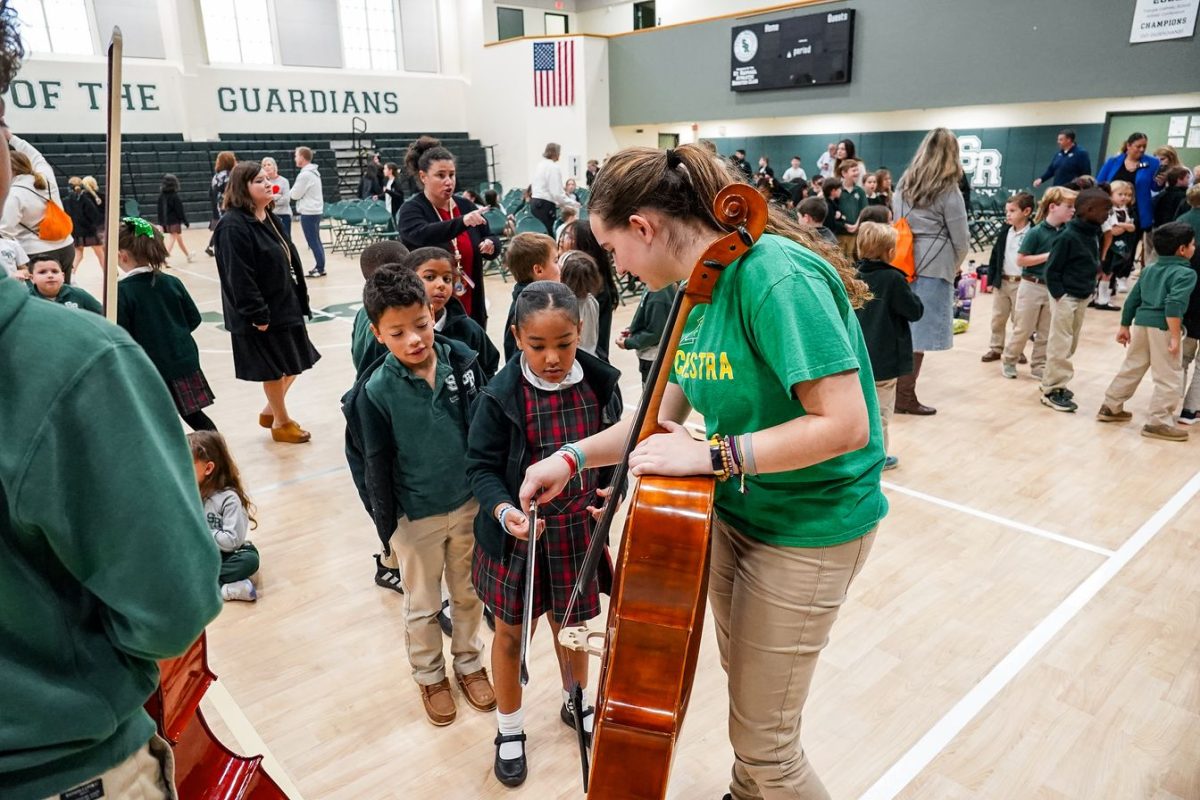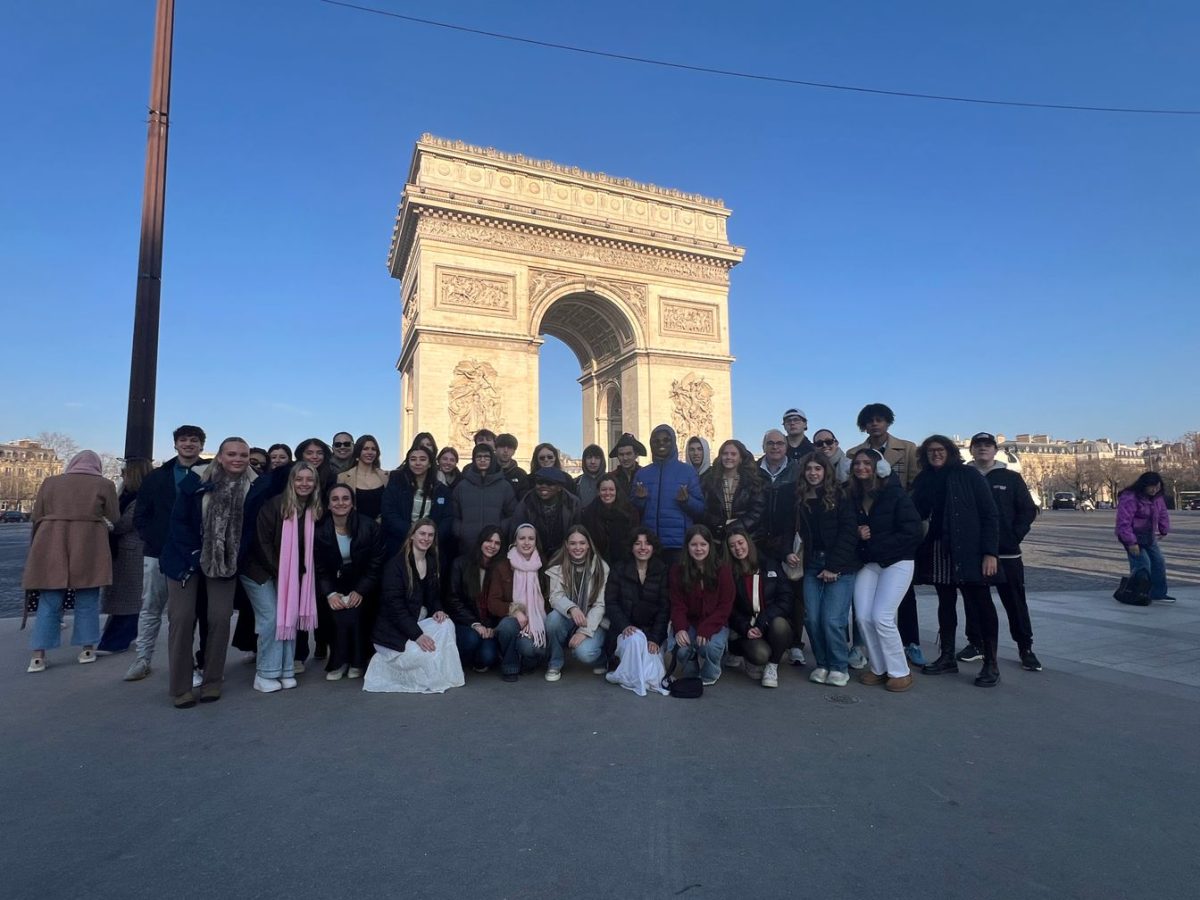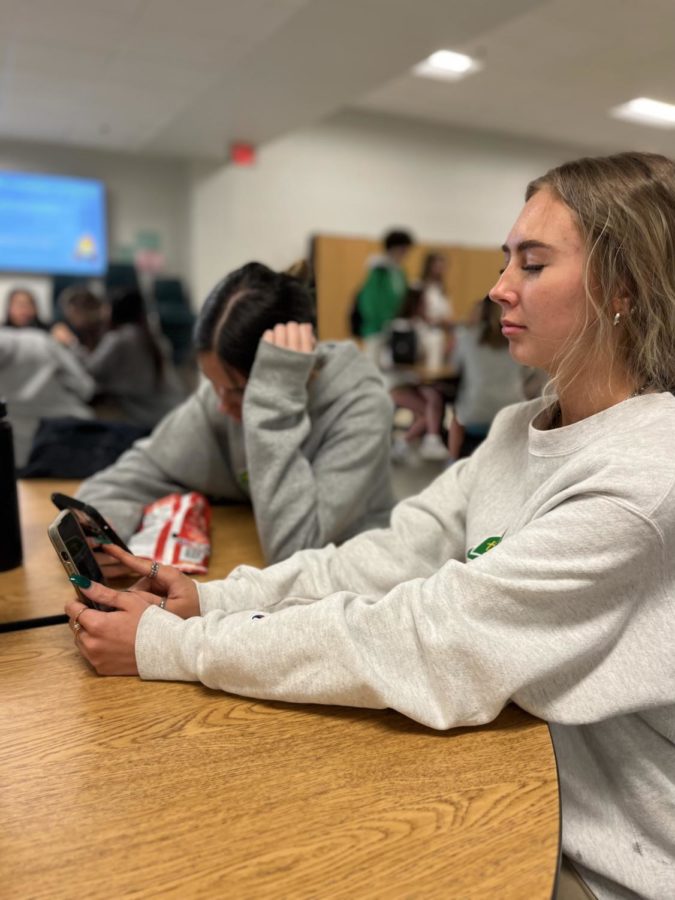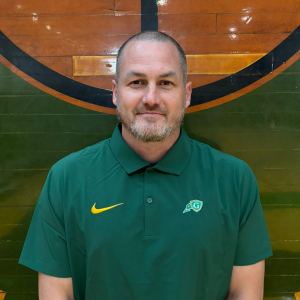The Gibbons Language Guide
March 24, 2023
Taking a language at Gibbons might seem confusing or hard to navigate. With three different languages to choose from and the ability to decide to keep taking them, it can be overwhelming trying to figure out what the best road to take is.
Fortunately, the on-campus college counselors can give informative and constructive advice, making the process much easier to navigate. Here is the advice I was given when I interviewed Mr. Foster, one of the college counselors here.
In terms of Gibbons’ language requirements, you are only required to take two years of the same language. Two years is typically the baseline most colleges and universities are looking for, which is one of the reasons why Gibbons set up their requirements that way. In addition to the first two years, some students might be interested in continuing their language, which they can do by enrolling in the Year 3, 4, and AP language courses available to them.
Taking a third year of a language, and additionally a fourth year, is one of the biggest ways to stand out to a college when taking a language. It’s generally recommended that if you do two years of the language and find yourself enjoying or having a knack for it, then you should take a third year to help with college admissions.
By their junior year, most students have already completed Gibbons’ required language credits. This leaves students with the choice of taking a third year of the language or dropping the language for another science or elective class.
Besides standing out to colleges, one of the biggest reasons to continue taking a language is to acquire fluency. Having a classroom setting to regularly practice your language helps you retain your skills, making it much easier to continue your language in college if you wish to do so. By taking gap years from your language between high school and college, you could be at a greater risk of forgetting what you’ve learned.
Taking a third year of a language course, however, is not the end-all-be-all of getting into a good college. If you find yourself uninterested and dreading your language, then there’s little reason for you to keep taking it because of the numerous other ways to make your college application stand out.
“I think some people hear that advice, and what they hear is ‘I have to take a third year to get into a good college’, and that’s not the case. Like I said, two years is the requirement for pretty much every college or university, so it’s just a recommendation. And again, if you’re not enjoying it or you’re miserable in your world language class, then there’s no reason to punish yourself and just try to get that third year to have a chance at getting into a good school, because you can still get into a good school regardless.” Mr. Foster said.
Overall, there are many ways that your language class can benefit you in the real world.
Every year, a group of students get the opportunity to use their Spanish skills outside of a classroom setting on the Costa Rica trip. This trip brings them out of their traditional learning environment and simulates how you could use your language to communicate with other people outside of school in a fun and exciting way.
Language classes can open your eyes to different cultures and ways of life that you might not learn about elsewhere. By learning a language, you also learn to talk to people from other cultures and parts of the world, which can help you make meaningful connections in your life.
“I would like to see students gaining a better understanding of the world and people with a different background from them. I think learning a language is one of the best ways to relate to people that we can relate who are different from you. I think world language, unlike some of your other classes, helps to become a better citizen of the world.” Mr. Foster said.


